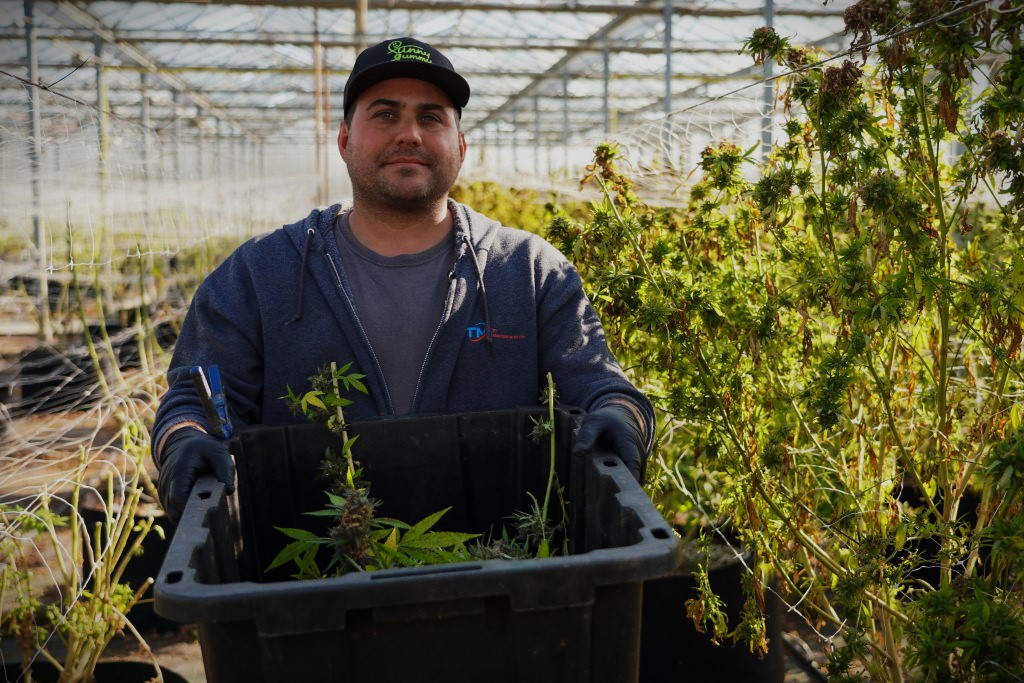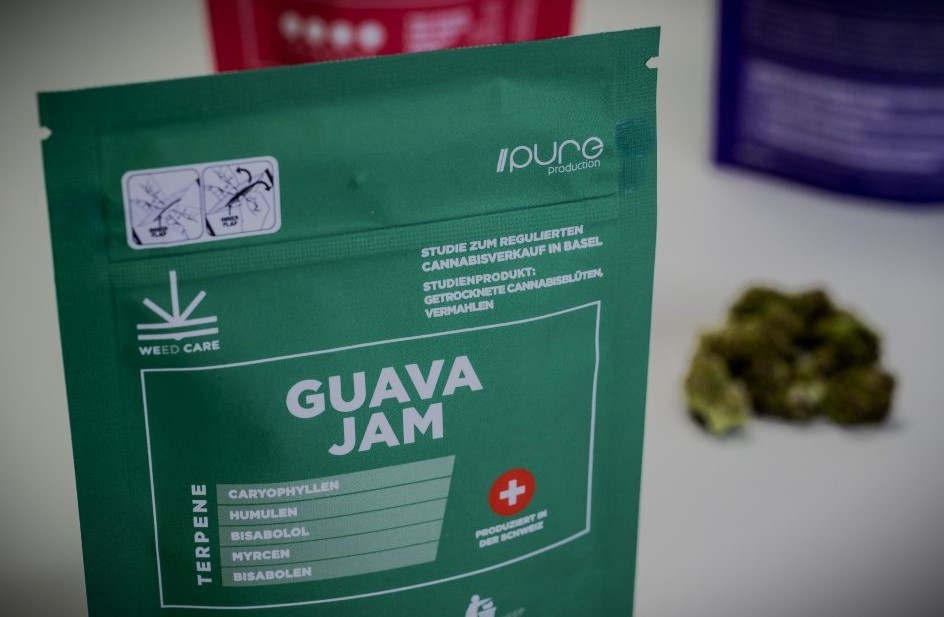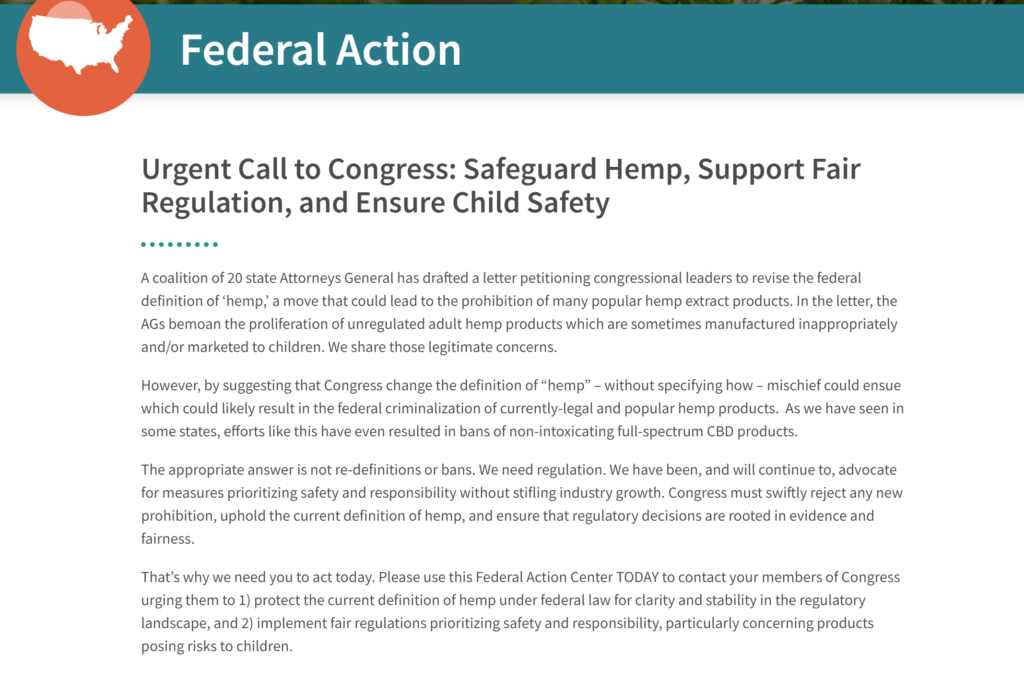Last Updated on March 30, 2024
A group of 22 state attorneys generals is demanding Congress to look upon “the glaring vagueness” leading to legal cannabis being sold OTC, online or through vending machines, reported The Hill.
Republicans, with the tremendous faux pas, allowed the legalization of hemp production in the 2018 omnibus Farm Bill, which has led to an expansion of a multibillion-dollar market that is “arguably federally legal,” according to The Hill.
The AGs in play have set out a letter to somehow squash the legalization and essentially the market they help create.
The new Farm Bill reportedly would enshrine in statute that intoxicating cannabis is not federally legal, which is contrary to the current law.
The legal hemp market has expanded over the past decade to include highly regulated recreation and medicinal cannabis, along with exotic cannabinoids sold without restrictions, sometimes posing a dangerous threat to people’s health.

The AG’s wrote:
Because of the ambiguity created by the 2018 Farm Bill, a massive gray market worth an estimated $28 billion has exploded, forcing cannabis-equivalent products into our economies regardless of states’ intentions to legalize cannabis use.
The group is bipartisan from states where cannabis is legal, illegal or used for medical purposes only. The group argues that concreated cannabinoids are “dangerously undermining regulations and consumer protections in states where adult-use legal cannabis programs are already in place.”
The problem lies in the idea that marijuana is intoxicating but highly regulated, and hemp is neither. The thing about this is “hemp” and “cannabis” tend to be considered the same word as it comes from the language of the ancient Scythian nomads of the Eurasian steppe, according to The Hill.
Former President Donald Trump signed the 2018 Farm Bill, in which an all-Republican Congress supported the legal production of “hemp,” reported The Hill. The bill essentially split the plant into those aforementioned two categories.
Plants that did not have significant amounts of THC — the “high” part — were assessed by .3% by weight. This form — “hemp,” became legal while the latter — “marijuana,” was in a weird legal but sometimes illegal area. It is federally illegal, in the same class as heroin and only available through regulated and taxed markets in an increasing amount of states, reported The Hill.
The Hill adds that cannabis markets could sell the drug for 30% THC by weight, which is a hundred times more potent than the limit established by Congress in the 2018 Farm Bill.

However, there was what the AGs referred to as a “loophole,” where the American industry filled in.
Entrepreneurs understood that Congress focused on the form of THC called delta-9 THC. Other versions like delta-8, delta-10 or delta-11 were still considered legal, which led to the expansion of edibles and drinks containing this kind of THC.
The entrepreneurs also knew that the .3% of delta-9 THC was not enough for a “high” when smoked but was enough to intoxicate through an edible. So they seized upon the industry.
Now, The Hill reports that edibles carry 20 milligrams of delta-9 THC, making it much less potent than .3% in a 10-gram candy but still enough for a “high.”
The attorneys general believe these products are a significant risk, particularly to children. In fact, the National Association of Poison Control Center reported 7,000 cases of children with acute THC intoxication.
The evident problem is regulation, which has allowed the flow of counterfeit candies. They wrote:
As hemp-based THC-infused products increase in popularity, particularly edibles, illicit suppliers have begun co-opting legitimate brand names and packaging to sell candy, snacks, and cereal that are intoxicating and confusing to consumers … These copycat hemp products place children at exceptional risk.
In 2023, Congress banned cannabis flower with .3% of delta-9 THC. Over variants of THC are not intoxicating unless smoked. This has allowed for the 2018 Farm Bill to allow the growth of hemp fibers but also made it legal for smokeable, intoxicating cannabis on the purchaser’s point, reads The Hill.
The Hill also notes that one online vendor claims, “THCa is completely legal across the U.S. It contains less than .3% of delta-9 THC, which, according to the DEA, makes it federally legal.”
The outlet reports that growers can start from a variety of cannabis fibers and selectively breed until they have high amounts of THCa.
The AGs said,
Instead, hemp-derived intoxicants have proliferated across our states, posing a significant threat to public health and safety, and benefiting unregulated, untaxed, and unaccountable market actors.
Perhaps their concern is the lost taxes. In 2022, there were a record $3.77 billion in taxes on recreation and medicinal marijuana. Unregulated hemp continues to be a growing industry. The Food and Drug Administration promised more cut-and-dry regulation in 2019 but has yet to do so, according to The Hill.
The attorneys generals have some serious and valid concerns, though. Senior council of the Roundtable told the Dallas Observer:
But their solution’s the wrong one … We need regulation. We need the FDA to come in and start regulating hemp products like they promised they would five years ago. The answer is not a prohibition or changing the definition of hemp in a federal law to ban these products.
The trade group is ushering Congress to “protect the current definition of hemp” as well as regulation of labeling to protect children.

The AGs view this as a layered issue in which they can reap massive tax gains by allowing the market to spread. But, the main problem is regulating a market they don’t fully understand. By approaching this as “marijuana” versus “hemp,” they are trying to make it clear cut, but it isn’t. There are too many derivatives of cannabis, and they seemingly need an individualized approach when regulating. The other issue is to avoid prohibition but protect minors from access to such drugs.
The Chinese Are Buying Up Land And Medical Marijuana Growing Licenses in Oklahoma For Human Trafficking Front Businesses
These AGs have a long way to go to rectify the situation since they really have little to no idea about cannabis or hemp. Bipartisan action is a good step, but understanding the drug and its derivatives is essential for proper regulation. They also need a better grasp of the “cannabis economy.”
PIC: Hunter Biden’s ‘Sugar Brother’ Smokes Bong During Hunter’s Visit